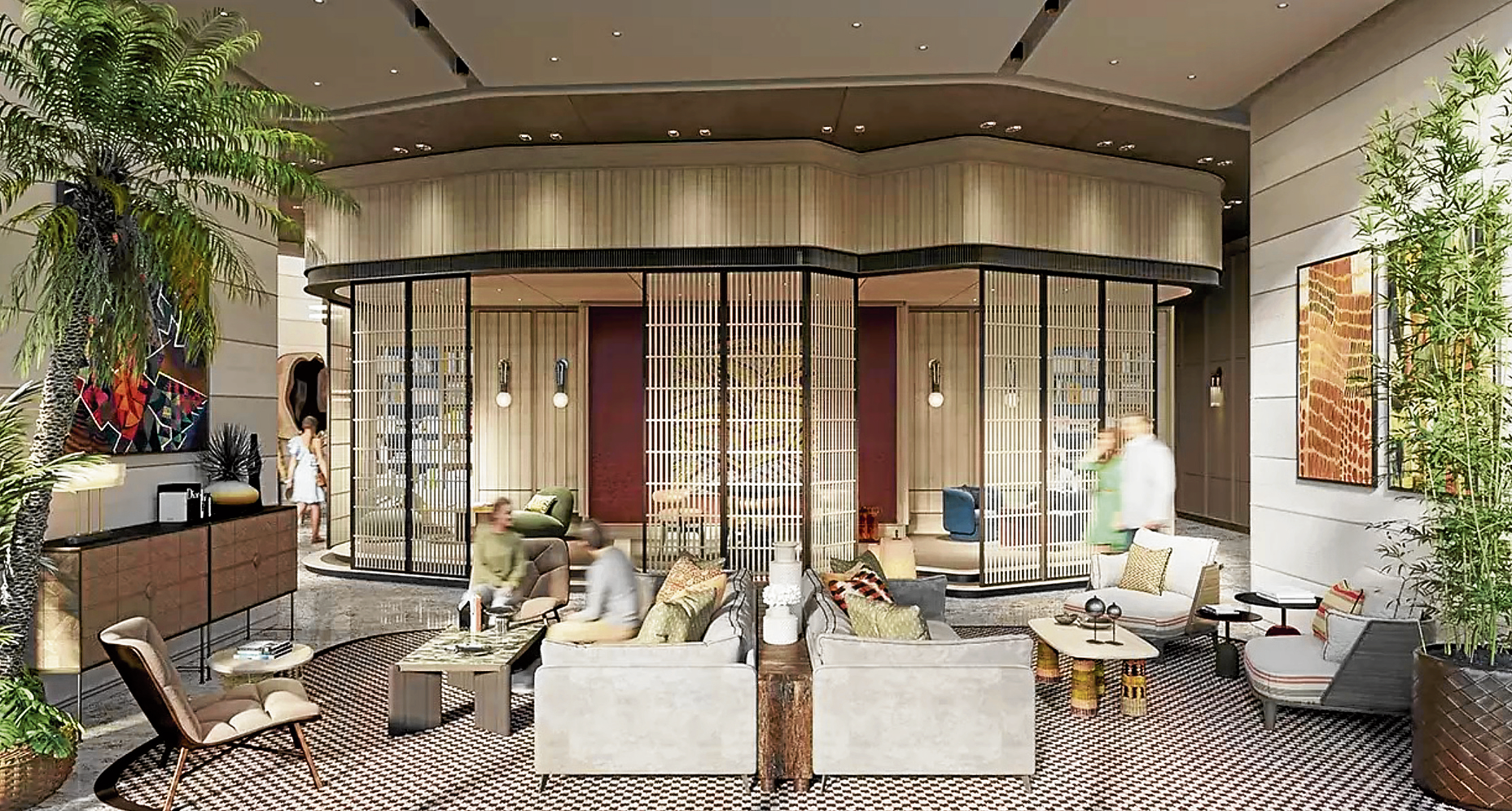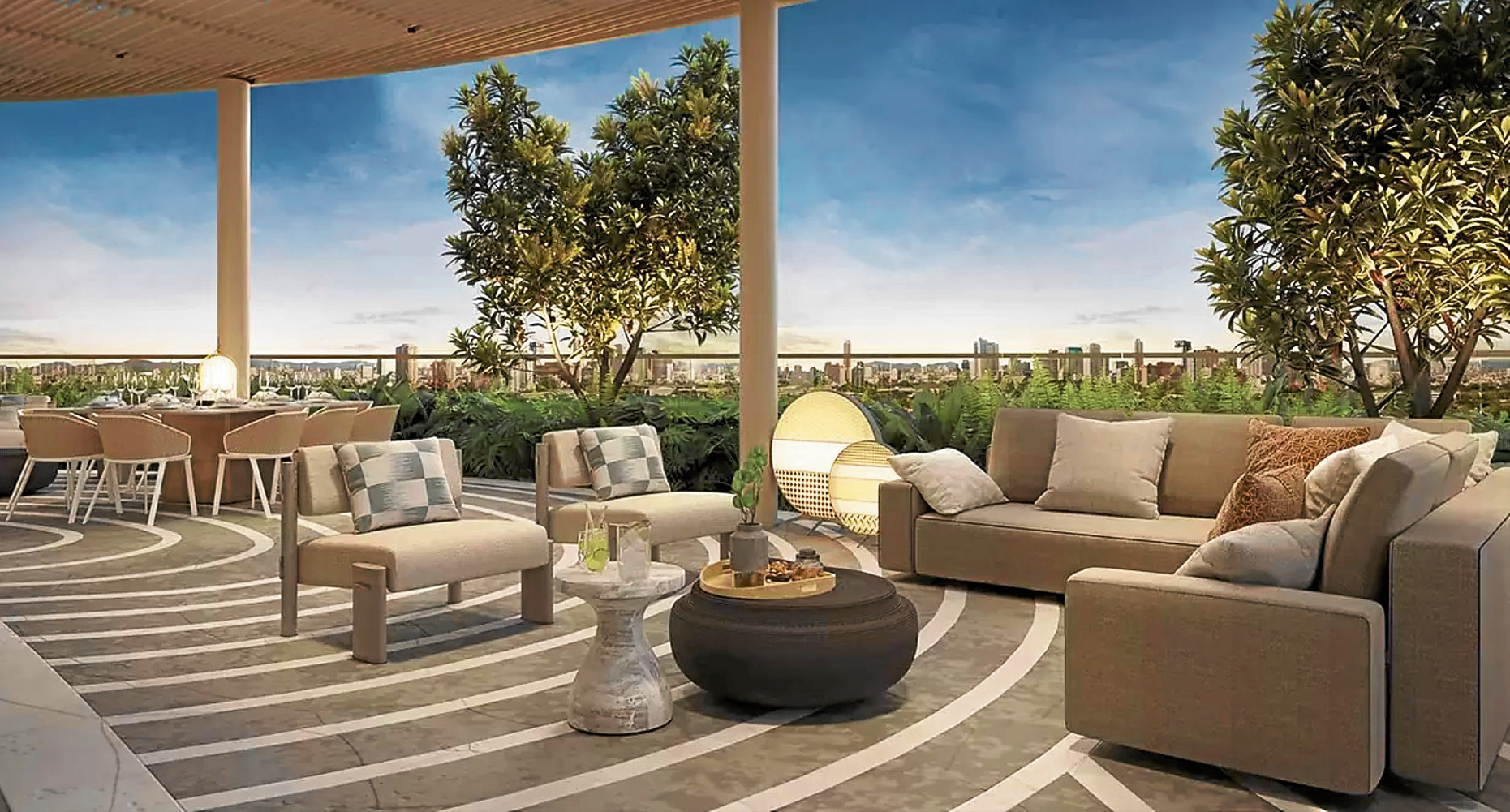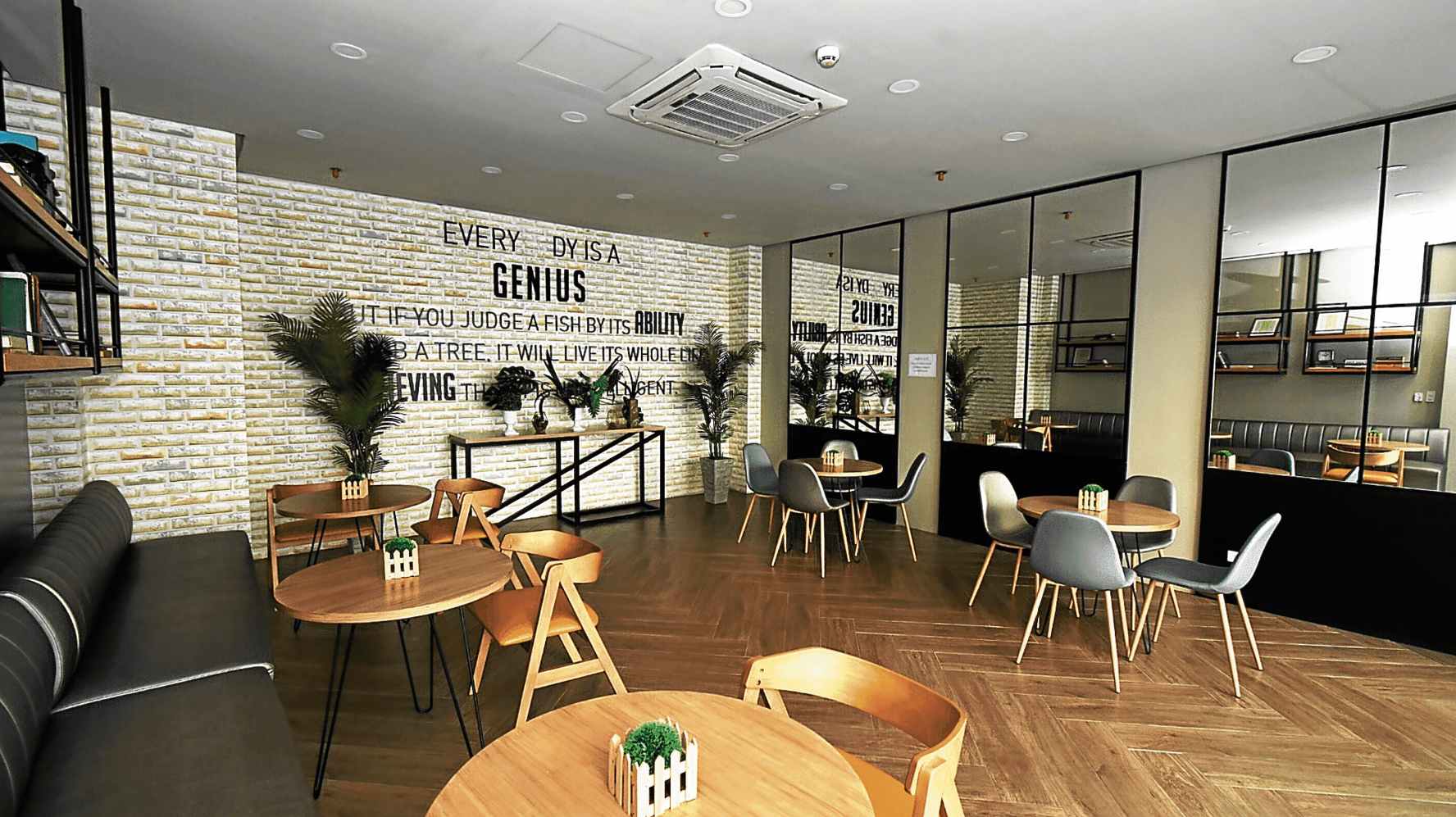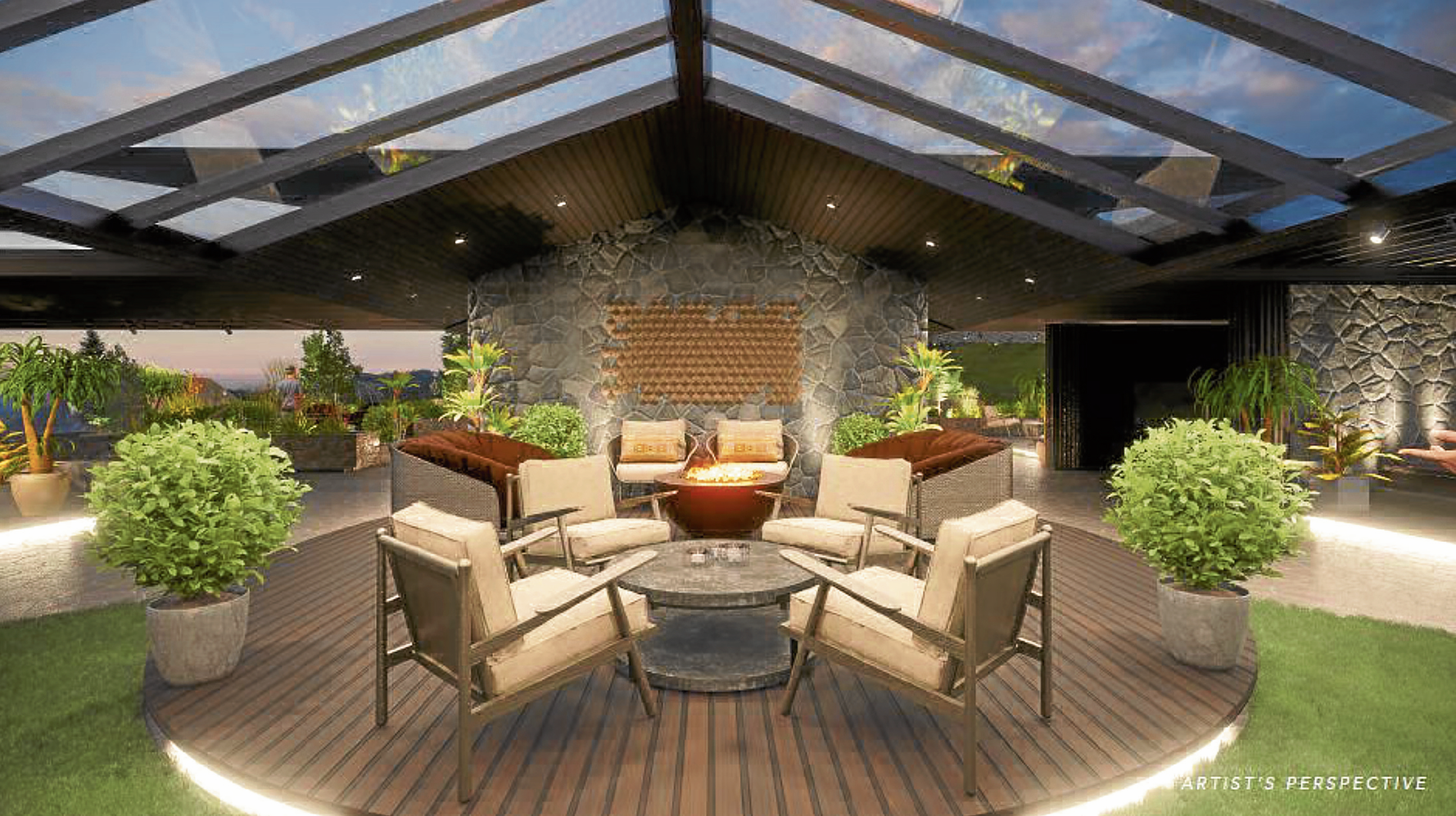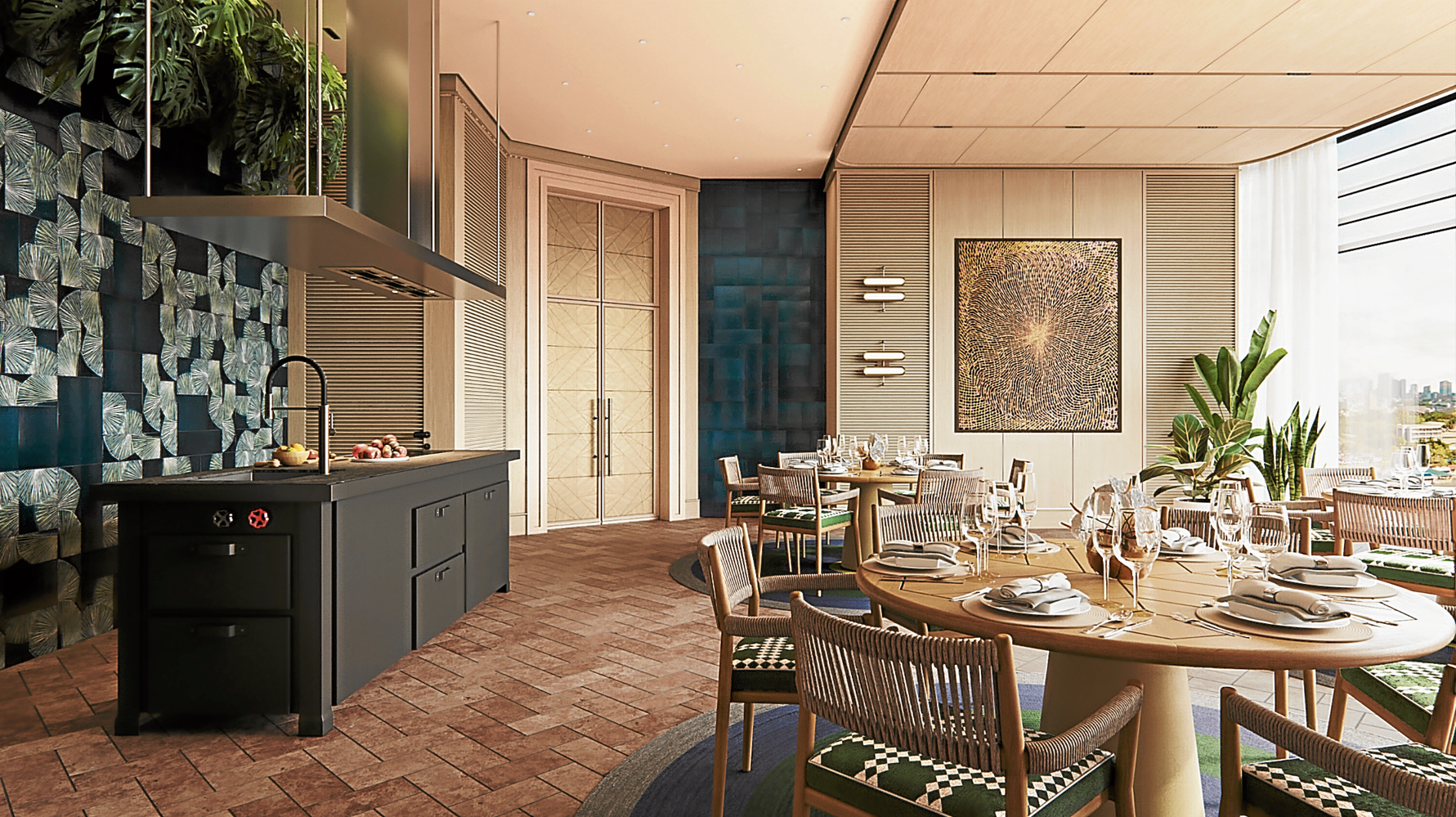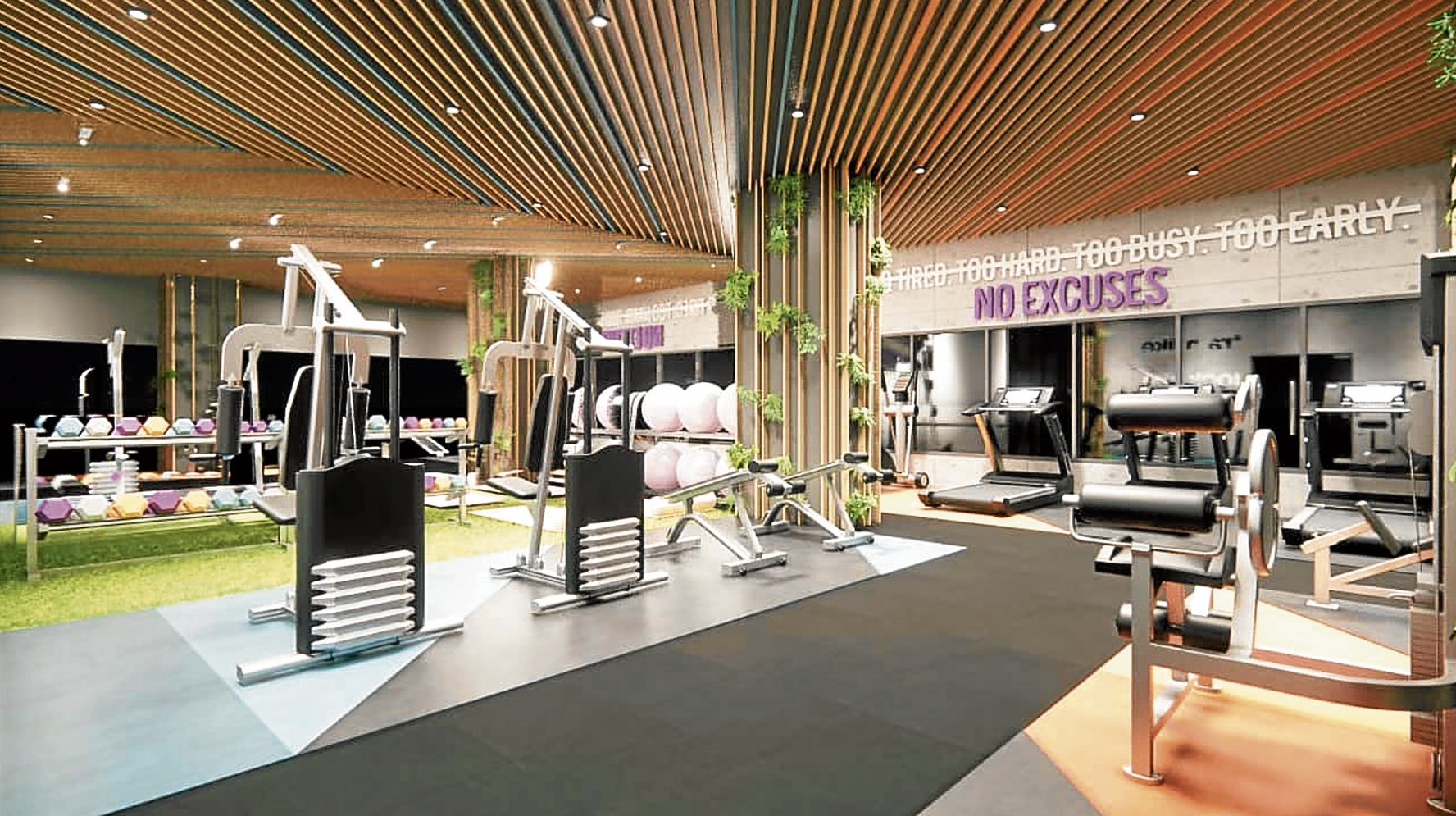Community is the new amenity
I recently read a beautiful book entitled, “We dream of silence” by Adriano Olivetti, the well-known Italian intellectual and entrepreneur who founded the Olivetti factory. It’s the same factory that produced the typewriters and calculators that became icons of design and efficiency around the world, and inspired Steve Jobs to create Apple.
This book attempts to outline the development of Olivetti’s thought about community—from the functionality of production and urban spaces to their educational potential. Thanks to the influence of personalist thinking, the material forces that created a productive-industrial or residential-social modernity were transformed into educational-spiritual forces at the service of people within the community.
Harmony with the environment
The possibility for human beings to be fully themselves in harmony with their surrounding environment is given by the sense of belonging to a territory that is a harmonious and efficient organism—based on a synergistic relationship between human beings and the nature which they feel, they belong to, and love.
In this sense, the community is seen as a concrete entity, whose parts are harmoniously interrelated. A concept of community harks back to a systemic “ante litteram concept” in which people can express a vocation that reveals itself through “humanity and spirituality”. An idea that began to take shape right after World War II, the Community was intended to create a new Italian society that would reconcile respect for nature and for human identity.
Article continues after this advertisementInspiration for PH
I thought that it could be a good inspiration for the Philippines—a beautiful country with an incredible cultural heritage and which has the extraordinary potential of an energetic young generation keen to build a new and better future.
I think this is a crucial moment for the Philippines, a country that I loved from the very first time I visited it, already more than 10 years ago. The weight of responsibility tied to shaping the Philippines’ current landscape is serious, as it will affect and reflect on the future of the next generations.
That is why the many mistakes done in post-war reconstruction by the old Continent, Europe, should not be repeated and, in this, the role of architecture is fundamental, as it is a discipline that permeates our way of living and thinking.
New models
Given this strong sense of responsibility, we are creating and building, together with Shang Properties Inc. and Robinsons, the new residential buildings of Horizon Homes at Shangri-La Fort Bonifacio and Aurelia in Bonifacio Global City, as well as Haraya Residences, located in the heart of the Bridgetowne Estate in Pasig City.
The purpose is to create new housing models that consider the Filipino traditional way of living, with focus on the relationship with nature and on the close family ties, and turn it into a new, contemporary model of living. We are inspired by the great tradition of craftsmanship and cultural heritage that the country preserves.
The residences we designed are functional, with flexible spaces for the modern way of living, and they introduce also a completely new concept on the market.
The new amenity
We believe that the Community is the new amenity, because we perceive the common spaces in a new way—not anymore as spaces simply “rentable” by the residents, but as an effective extension of their own home. In these tailored spaces, people can cultivate their own passions, such as art, sport, cooking, music and share them with their own neighbors, in a way to establish close connections that can create a strong sense of belonging and protection, where people could fully realize their inner potential.
Our responsibility as designers is to create for our future generations a place called “home”, where our heritage, traditions and belongings are cultivated and preserved. Community is life, the life we live in and how we intend to pass it on to the future generations.
The author founded FM Architettura in 2010 on the strength of 20 years of experience in the field of architecture and interior decoration. FM Architettura manages important projects in the hôtellerie, residential, and yachting fields. Her early career collaborations include working with Renzo Piano as design director at the CRN and Custom Line Brand at Ferretti Group, where she designed and constructed more then 100 super and mega yachts, high-rise residential buildings and hotels around the world
Common spaces must serve as an extension of one’s home.

